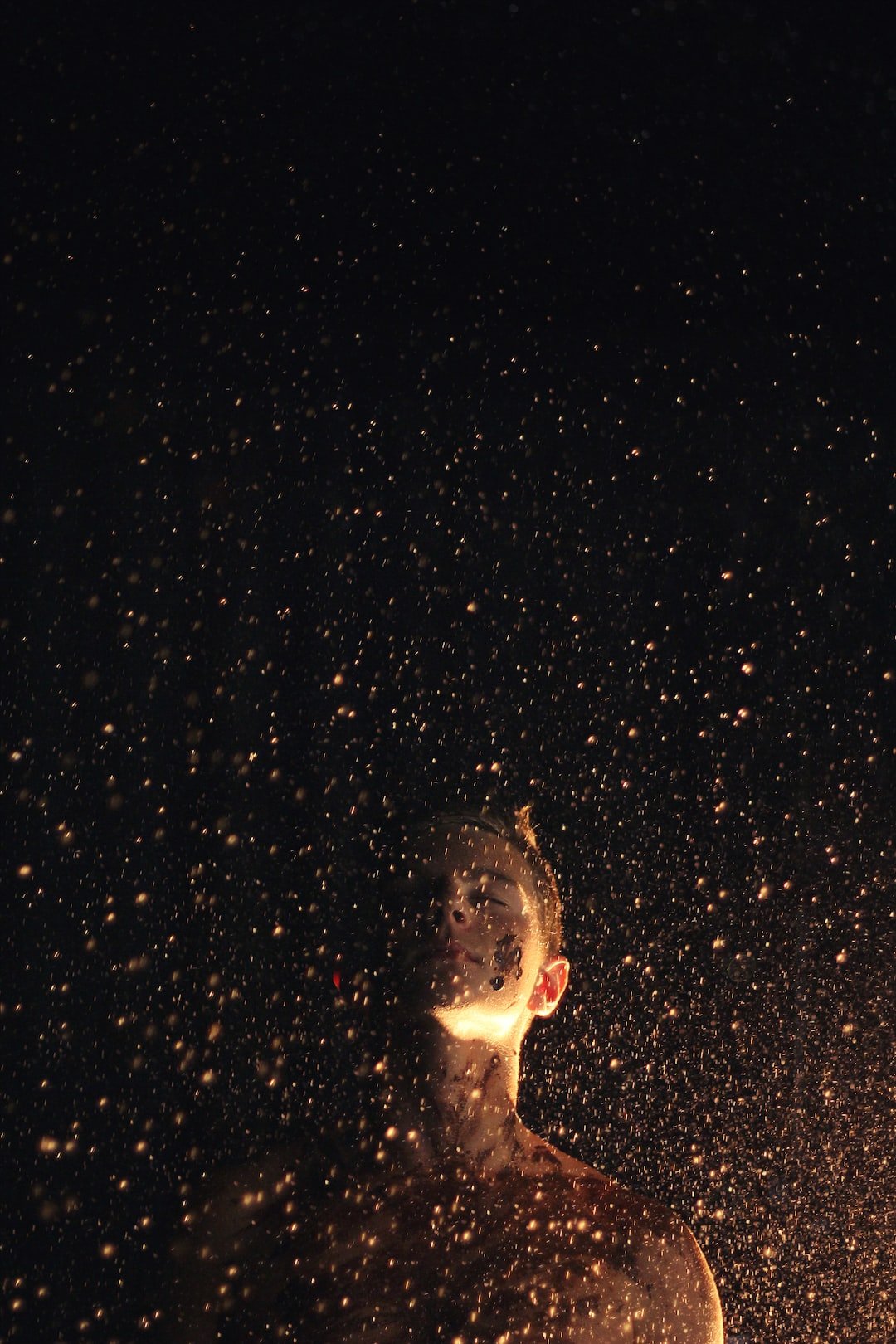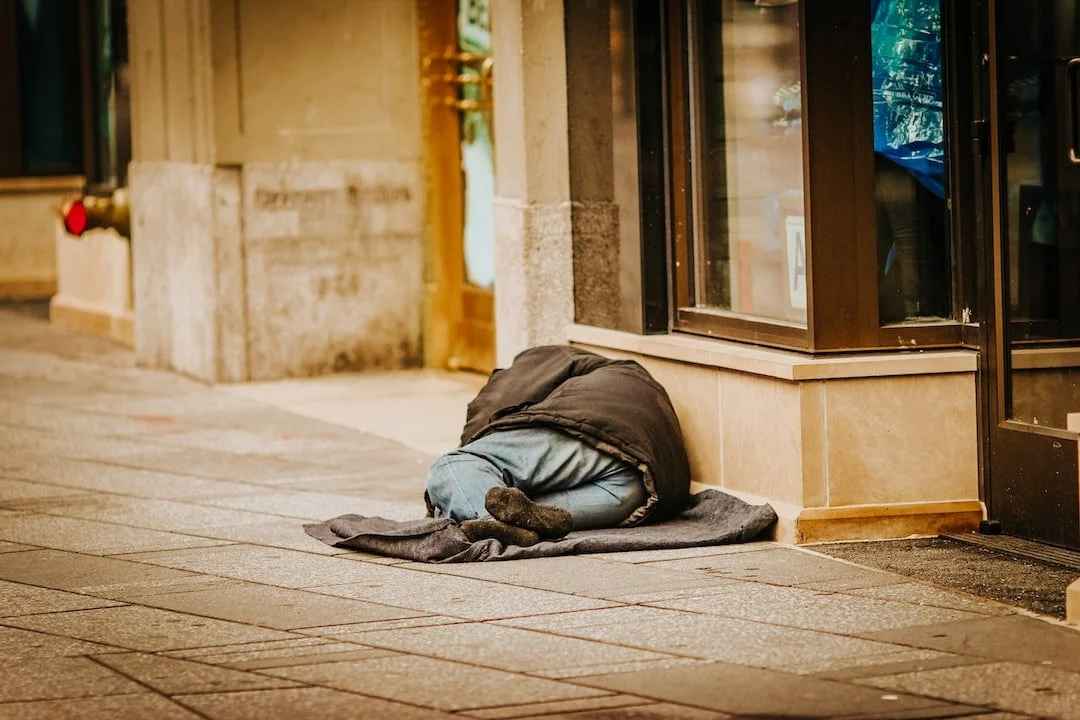I’ve been thinking about the importance of feeling safe.
Over the forty years that I’ve been a therapist I’ve come to believe that the issue of feeling safe is at the core of almost every person’s emotional struggles. I’m not alone in this conviction. The first stage of Erik Erikson’s pyramid of human development, the foundation upon which all other stages of development rest, is basic trust, the early experience of living in a safe environment. In Attachment Theory, the best chance for a history of healthy relationships is a secure attachment, a safe place through infancy and early childhood. Carl Rogers built his entire model of therapy around the need for a therapist to provide every client with the safe environment of unconditional positive regard. We long to be safe.
I’ve never had a serious personality disturbance like Borderline or Bipolar Personality Disorder. I’ve experienced profound grief at the death of my Beloveds, but I have never been clinically depressed. I have, however, been anxious every day of my conscious life and have dealt with clients across the spectrum of mental health diagnoses. What’s become clear to me over time is that whatever our emotional wounds, every person craves the experience of basic security, suffers in its absence, and thrives when it is the air they breathe.
BECOME A FREE SUBSCRIBER TO I’VE BEEN THINKING
Every person craves the experience of basic security, suffers in its absence, and thrives when it is the air they breathe.
We yearn to live in an environment where we are surrounded by Beloveds who know and trust us, whom we know and trust, and with whom we share common values and a common vision of what makes for a gratifying life. My favorite expression of this experience is a nineteenth century poem titled Empathy (a poem often attributed to George Eliot but in fact an adaptation of lines by Dinah Craik in A Life for a Life (1859)):
EMPATHY
Oh, the comfort, the inexpressible
Comfort of feeling safe with a person,
Having neither to weight thoughts,
Nor measure words–but pouring them
All right out–just as they are
Chaff and grain together,
Certain that a faithful hand will
Take and sift them,
Keep what is worth keeping,
And with the breath of kindness
Blow the rest away.
Snuggled into my safe world, I live without fear and can thrive. But threaten my safety or the safety of one or more of my Beloveds, and my fear rises, rattling my sense of security, and thriving tumbles into emotional confusion.
The issue that elicits my most primitive fear and most challenges my sense of safety is any threat to my physical safety or the physical safety of those I care about. I think of two incidents that happened several years ago and rattled me to the core. Our oldest child was mugged on her college campus late at night; fortunately, the assailant only wanted money and inflicted no other physical damage. But I lay awake for weeks unable to sleep, imagining what might have happened if he’d attacked her, plotting my violent vengeance. Worse, a few years later another of our college-aged children worked in a coffee shop, and not once but twice in a matter of months someone pointed a gun at his chest and asked for all the cash in the register. Again, what if the gun went off? Horror in my night-thoughts for weeks! I know from these attacks and other acts of threat and violence what it feels like when we are not safe. The world really can be a dangerous place.
There are those moments when fear of physical damage is the only appropriate response. Getting mugged in the night or held up at gun point is frightening at an elemental level. Risking a physical fight or someone threatening me with a weapon makes me want to run away rather than risk real damage to my body. Nearby mass killings or neighborhood shootings convinces us that the streets (not to mention our schools and houses of worship) are not safe. It makes perfect sense to be afraid of physical violence when it is a real threat, and to retreat to a safe place.
But sometimes fear distorts our vision, corrupts our understanding. We can respond to an imagined fear with the same level of intensity as we would to an actual threat. I can allow my inflated sense of danger to distort what's happening in the world around me and let the distortion govern my unwarranted behavior. Majorities in our national population, frightened by personal experience or exaggerated reports in the news, believe that violent crime is rising, though only a minority experience it rising in their own neighborhoods. With this exaggerated fear as their motive, they gate their communities, live with suspicion about those who appear frightening, and too often arm themselves against phantom threats.
In fact, violent crime has dropped dramatically in the past forty years, though our fears (and perhaps much of the media narrative we consume) resist such evidence. When I talk with parents and grandparents, I hear about the ways they try to keep their children from wandering past the front yard or walking to school, or how they prevent them from participating in gatherings different from those in their homes and neighborhoods. They think I’m deluded when I tell them that children are safer than they’ve ever been - although parents and grandparents are the most frightened. So persuasive is our fear that it fogs up reality, confuses our imaginations, and distorts our responses to danger and safety. And of course, there are those who benefit from an atmosphere of fear and reactivity, and who continue to stoke those fires despite any evidence to the contrary.
Fear of economic safety is not as primitive as fear of my physical safety, but it, too, often raises our fears to levels that corrupt our vision. When we feel our money is threatened, when the wealth we’ve created seems under siege, we’re frightened and we sometimes react inappropriately.
In 1999, Becky and I bought the town house we still live in and paid it off in fifteen years. It’s the longest either of us has lived in one place and we’re grateful that it has tripled in value over these decades, especially since our equity will allow us to buy into a retirement community in a couple of years.
At the same time, I know that one of the solutions to homelessness, an issue we’ve both been involved in for decades, is to increase the availability of low-cost housing. But plans for such housing often run into opposition from people who fear that including low-income families in their neighborhoods will dilute the value of their homes. It's the fear of potential loss that we're dealing with so often, a fear that is much stronger than any potential evidence for or against such a loss.
So recently I let myself imagine that the residents’ board of my condo complex decided to turn four of our twenty units into low-income housing to respond to the crises of homelessness and lack of affordable housing in Pasadena. If I was afraid that the possible devaluation of the equity in our town house could jeopardize our chances of moving into our chosen retirement community, how would I vote?
When I shared this scenario with a friend, her quick response to the imagined vote was abstain. It’s a temptation in many complex moral circumstances, to simply opt out of choosing and preserve our innocence. But I long ago learned this quote, often attributed to Dante but nowhere to be found in his writing: The hottest places in hell are reserved for those who in time of moral crisis preserve their neutrality. As a person with abiding devotion to Jesus of Nazareth as a guide to my moral responsibility, I know I must choose, and I think he would have me choose to side with the marginalized.
Then I think about the facilities available to us in the retirement community when one of us has a stroke, or dementia, or simply the fact that when we leave our current home we’ll join a community of retired friends who will see us through to our deaths. Surely there is safety in this kind of basic self-care. So I float in confusion between the needs of the homeless and our personal security.
Becky has often reminded both of us that much of the time we must make moral choices that are not between black and white but exist in the gray of moral ambivalence, which makes it sometimes difficult to know the right thing to do. Is this such a circumstance, where I’m hunting for a legitimate way to be safe and still to act as a good person, or is the choice actually clear and I’m just looking for a way not to have to choose against my self-interest?
These issues of safety and fear always live in this intersection of individual consequences and consequences for the community, between my personal and economic safety and the common good. And again, my fear distorts the issue. It’s a false choice to balance my physical or economic safety against the well-being of others, especially those who are not like me either economically or culturally. Rather, my task is to figure out how to find more safety for myself and for all of us in a frayed system, a safety that doesn't depend on someone winning and someone losing. For me, the effort to be a good person means finding a way to feel safe while also guarding the safety of the wider community. How can I protect myself and my Beloveds and at the same time invest in the common good? In a sane and moral world, my safety can't come at the cost of someone else's harm.
Thanks for reading I’ve Been Thinking! Subscribe for free to receive new essays directly to your email inbox as they’re published.





